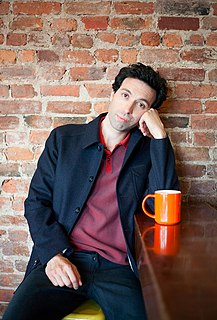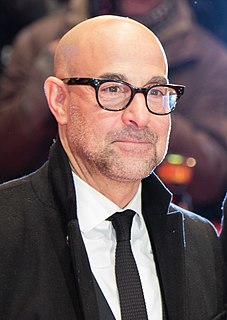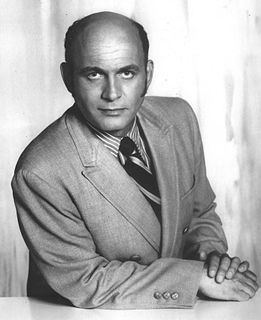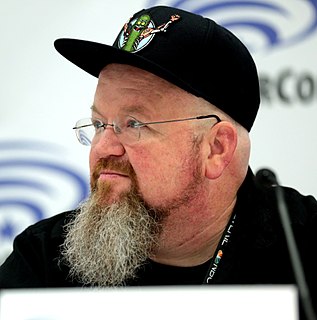A Quote by Jennifer Sky
I come from a TV background, so for me this more like doing a freeing theatre piece because we'd go into a room and do the scene, instead of doing it as a wide shot, medium shot, and close up with only the odd line of dialogue.
Related Quotes
The most I've ever done was twenty-something, but that's wasn't because I wanted to. I feel like to me it's usually somewhere between two and- no, it's very hard to say because it really depends up on the shot, you know? If it's a complicated master shot and you know that this is the only thing that you're doing for that scene, a complicated one-er, you're going to maybe end up doing a few more takes than you normally would. But I'm not a big believer in doing tons and tons and tons of takes.
I'm very interested in clans and the way people group together, and there's a lot of group shots. There's a lot of people in positions that people feel like they're in attack mode, kind of pointed at each other in the frame. I'm not a big fan of shooting something that looks like it could belong in any movie, I'm not a fan of okay, "wide shot, wide shot, medium shot, close-up, close-up, we'll figure it out in post." I hate that.
Because of the way that I work with the actors and because a scene is not in this rigid and literal interpretation of something written, I can constantly change stuff, which means I can get a scene absolutely perfect, and then when we go to shoot it, the requirements of the shot mean it would be useful to extend the dialogue or take a line out or swap things around. So the camera doesn't serve the action. The action serves the camera. That's important. So it becomes more and more organic and integrated.


































